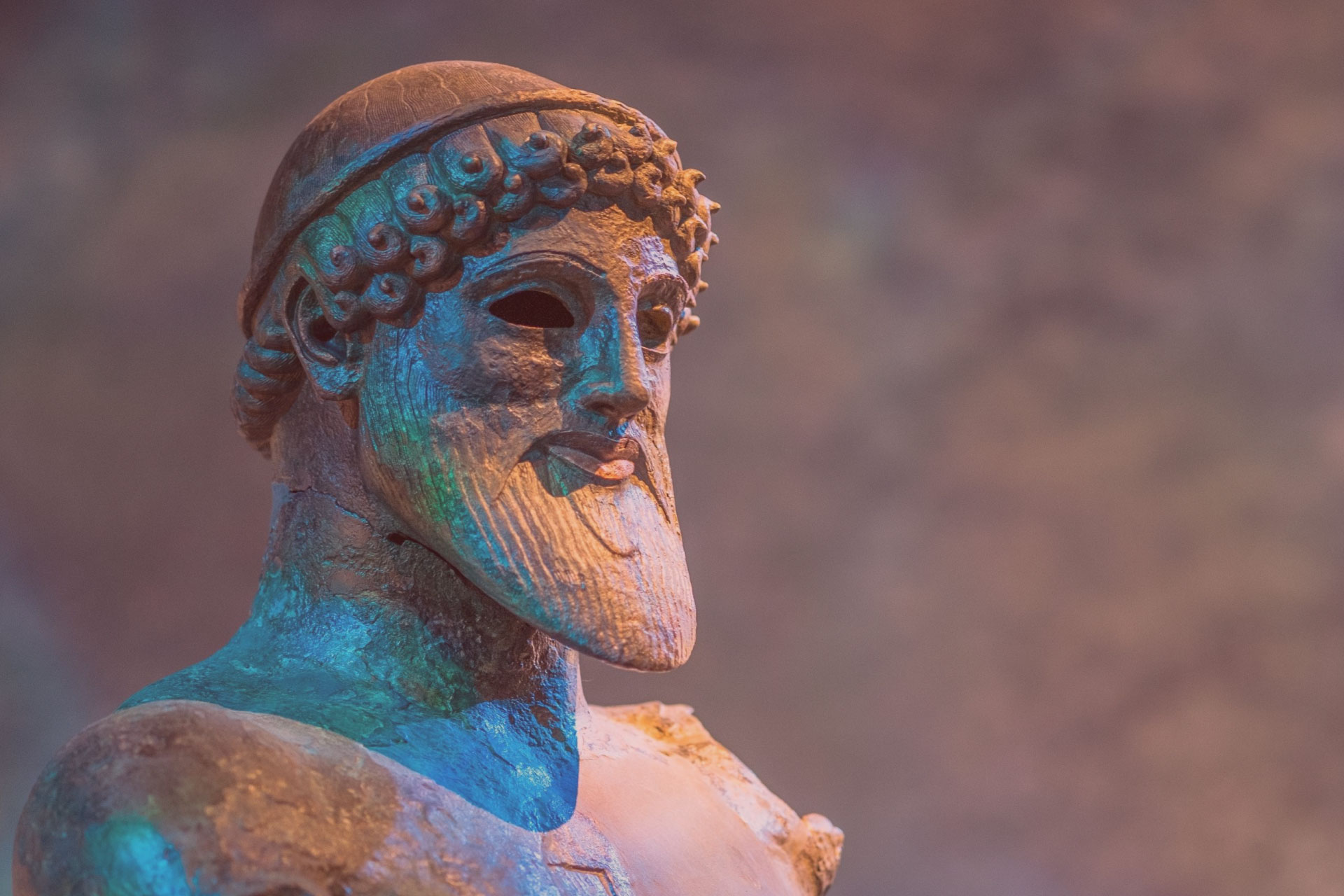What can we learn about belief from ancient Greece?
In an earlier post—The Rediscovery of Storytelling—I spoke of a college course titled The Philosophy of Art. To recap, the class explored the concept of art vs. science. We learned that you could only create belief through art. Give someone facts, and they may understand, but deep down, they will not honestly believe until you give them art.
In the course, we compared the ancient Greek play Oedipus Rex with the teachings of its contemporary philosophers. The philosophers rejected the traditional mythological explanations for things in Greek society. Instead, they favored a more rational approach to life.
The play’s main character, Oedipus, was the epitome of this rational man. He was a ‘man of chance’ who took his fortunes into his own hands rather than allow the Greek gods to determine his fate. If you don’t know the play, here is the super-brief summary:
- Oedipus’ parents receive a prophecy from the Oracle at Delphi that he will murder his father and marry his mother.
- When Oedipus becomes a man, he learns of the prophecy and takes action, so it doesn’t come true.
- The prophecy does come true, and Oedipus blinds himself in horror.
Oedipus Rex proved to Greek society that they must believe the Oracle—they alone have the factual and rational explanations of life. Oedipus’ fate was tragic, but that’s because he tried to use facts instead of believing his own fated story.
What lesson can we learn from this comparison?
In the context of Greek society, Oedipus Rex proved that art is where belief and truth lie. In fact, in the next play in the series, Oedipus at Colonus, Oedipus, blind and old, finally accepts this reality. The Greeks performed these plays so often that the story turned to myth, and it presented them with their belief system. The play reinforced itself.
As an entrepreneur, you need to recognize the same—storytelling can create these types of myths that lead to the belief systems of your community.
How do we do this? How do we create a myth with storytelling?
Stories make people emotional. Belief will follow from those emotions. Most religions are a great example of storytelling that first creates emotions, then belief.
As Oedipus’ fulfilled his prophecy, the ancient Greeks must have felt his pain. Those feelings reinforced their belief in the Oracle and the gods.
Tip: Always use emotions in your storytelling.
This is the key. Emotions will elevate your stories into myths. Then, your dream customers will read—just like the Greeks watching in the amphitheater—and their emotions will turn into belief.
Want to know more about storytelling to create belief in your dream customers?
Join us here at Fire Came Later.
- On Facebook
- Get our free factsheet – “How to Create More Drama in Your Stories”
- Get our free factsheet – “The Secret to Better Storytelling”


